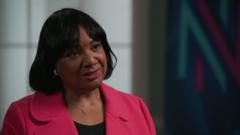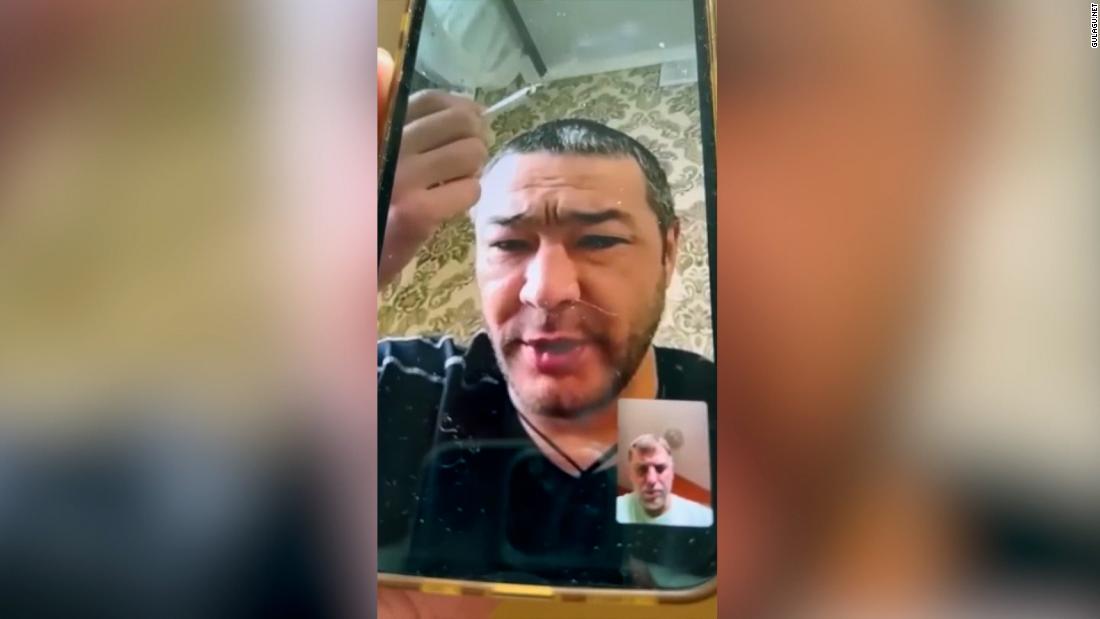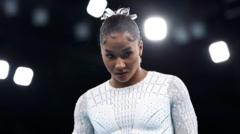Like it or not, it’s become an election-year tradition. After 11 months of relative inattention, the media suddenly shifts to an intense focus on Black voters: Who we will vote for, what we care about and whether we’re the key to victory in this state or that city.
With margins razor-thin in a race where a Black woman leads a major party ticket for the first time in history, the emphasis is clearly on what role Black men will play in tipping the balance. Setting aside obvious questions about when the political world will wake up and pay attention to us year-round, it’s important to put that focus in context — especially in light of the stakes this year.
Let’s face facts. The vast majority of Black men will vote for Kamala Harris — well over 80 percent have supported the Democratic nominee in every election in recent memory. Other than Black women, no other voting demographic votes as consistently or as loyally for the Democratic party.
But polls show marginally less support for Harris, among Black men than there was for Joe Biden in 2020. Pundits have tried to tease out why, and that’s gotten some of them — including former President Barack Obama — in hot water.
Yes, sexism is real in America; that’s the case across races. In fact, support for Harris is abysmally low among white men compared with Black men. It’s also true that Black men across the country rose immediately to the occasion, not missing our opportunity to organize and raise millions in support of Harris’s historic effort.
Still, we can’t ignore the concern of some that investing in our politics won’t deliver the change so many Black men have been seeking: good-paying jobs, security for their families and a life of purpose and dignity. Among Black men, questioning whether voting one more time will really make that big of a difference is a form of cynicism that, tragically, has roots in reality.
And whatever else you say about him, Donald Trump has been effective at weaponizing voter angst and the waning faith in our institutions, especially among working-class voters.
So it’s important to get this straight: By every reasonable metric, Harris offers Black men and Black families far more opportunity for positive change than Trump ever would. She is making her closing arguments directly to us. Even if you wish that had happened sooner, it’s worth listening now.
Harris’s Opportunity Agenda for Black men speaks directly to the fact that not all of us are feeling the effects of a strengthening post-pandemic economy. It includes small business loans for Black entrepreneurs and training for jobs in growing industries.
This is about creating opportunity and generational wealth. And it doesn’t hurt that she is meeting Black men where we are, touting the initiative in Black media and with personalities like Charlamagne tha god and in forums with Black men across the nation.
Set this initiative against the Biden-Harris history of achievement, including historic numbers of Black business startups and investments in HBCUs, and we have every reason to believe it is sincere.
By contrast, Trump’s outreach to Black men is cynical and clumsy; we all remember when he said Black voters would appreciate his felony convictions. Trump has historically been a threat to Black men, from his days allegedly refusing to rent to Black tenants to his persecution of the exonerated “Central Park Five.”
The Heritage Foundation’s Project 2025 agenda, written in part by former Trump officials, is a danger to Black men and families because when we have fewer freedoms, weakened civil rights laws, fewer worker protections, and less access to reproductive care, people of color are hit the hardest.
These are realities, and if Black men haven’t heard the message, it means the campaign and the broader progressive coalition still have work to do. This is not about laying sole responsibility on the doorstep of Black men; we’re all too familiar with the dynamic that pins blame on Black voters when candidates don’t win.
But it is about leaning into our strength as a constituency, which is real. It’s about believing that staying home is not an option for any of us. It’s about honoring what Dr. King said when he told us, “Voting is the foundation stone for political action.”
Casting votes is how we start to make real change happen this year. We have the power and the numbers: Now we just need to use them.
Markus Batchelor is the People For the American Way’s national political director.















 English (US) ·
English (US) ·